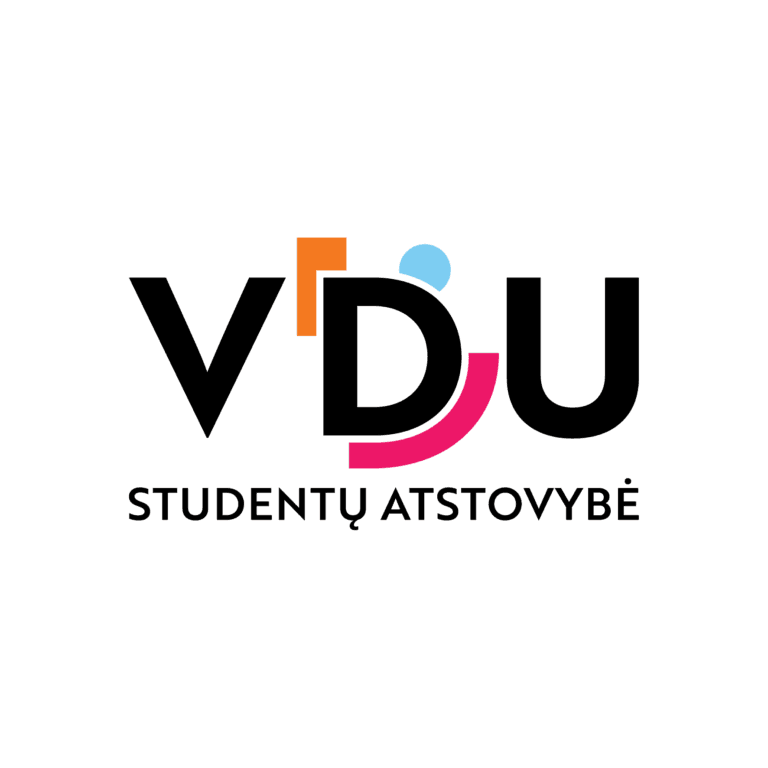STUDY OF STUDENT NEEDS
2014-03-21
Kaunas
The Vytautas Magnus University Student Representative Council (VDU SA) conducted a survey in February-March, the aim of which was to find out the needs of VDU students from the widest possible perspective. Several areas were studied: incentive scholarships, leisure, sports infrastructure and organization, recreation and work spaces in faculties, and evaluation of the Student Representative Council. The results of the questionnaire are quite informative, as it was filled out by 588 respondents. The most active were students of the Faculty of Political Science and Diplomacy.
Incentive scholarships
Slightly more than 45% students have a positive opinion about the scholarship distribution procedure, and 32.2% said that they are not satisfied with it. Respondents were given the opportunity to record the shortcomings they see in the distribution of rewards for good grades. It can be said that one of the disadvantages is that the description of the scholarship distribution procedure is changed too often and students lack information about the changes that have occurred. Survey participants also emphasize that scholarships are too small and too few students receive them. The answers highlight the decrease in motivation of members of the academic community to receive a monetary assessment due to its reduction. Students are dissatisfied with the increased scholarship distribution procedure. According to them, the change that occurred in the fall semester of 2013, so that only those with an average of "10" can receive it, is incorrect. In their opinion, the best performing student in the group should receive an increased scholarship, despite the fact that the average is not a "round" ten. 68.9% survey participants believe that when distributing scholarships, it would be better if the amount was smaller, which would be allocated to a larger proportion of students, while 28.4% respondents say that a better option is when the amount is larger, but the number of members of the academic community receiving it is smaller. It is also important to mention that as many as 42.7% survey participants say that monetary evaluation has a significant impact on their learning outcomes.
Student leisure
61.11% of students believe that Vytautas Magnus University has all the conditions for after-class activities, but 181% say that there are no appropriate conditions for this. The most acceptable ways of spending free time for students are spending time with friends (17.11%), going to the cinema, events, concerts (15.91%), and sports (13.31%).
Sports organization and infrastructure
Almost 30% students know nothing about the sports opportunities at VMU. On the other hand, the same part of the survey participants has a negative opinion about these opportunities, and 22% students are satisfied with the sports organization and infrastructure. The respondents had the opportunity to express their own shortcomings related to this topic. Therefore, the students unanimously agreed that the main disadvantage is the location. The VMU sports club is far from the faculties, so it is difficult for members of the academic community to combine sports with lectures, and the location is not safe enough. Among the shortcomings, students emphasize the incomplete inventory, inadequate ventilation and lack of information.
Recreation and work spaces at the university
Students also had the opportunity to express their opinion about the missing spaces at the university. In summary, it can be said that the greatest need is for a canteen, as many as 40.41% of the survey participants said that they lack it. Students also miss space for individual (22.11% of the survey participants) or group (18.21% of the survey participants) work. Respondents suggested setting up a leisure area where one could relax by playing board games, listening to music or simply chatting with friends.
Opinion about the VMU Student Representative Council
The activities of the VMU Student Representative Council are rated by 41.51% of respondents as average, 39.11% as good and 11.11% as very good. 38.3% of survey participants would contact the Student Representative Council if they had any questions related to their studies. However, as many as 40.51% of academic community members could not answer this question, so they chose the option "I don't know". Among the suggestions to the Student Representative Council, it was noted that the organization should be even more open to all students. In addition, respondents encourage more active publication of news related to opportunities to participate in events, conferences and disseminate information about job or internship opportunities.

